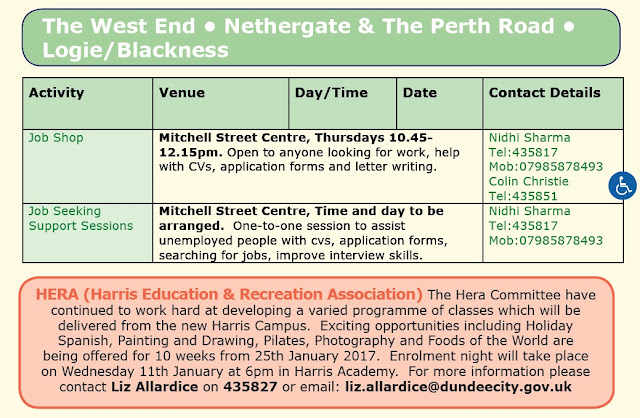1.30 Introduction
1.40 Keith Williams (English, School of Humanities)
H G Wells@150: Seeing the Future (but also How the Future Would See)
It’s a cliché that H G Wells ‘saw the future’. Many of today’s technologies and social changes were anticipated by his prophetic science fiction. Much less well known are Wells’s anticipations of how the future might see, imagining moving image media which shape the modern world. This illustrated talk (one of several activities marking Wells’s 150 anniversary) will showcase this alternative aspect of Wells’s visionary work.
1.55 Caroline Erolin (CAHID, School of Science & Engineering)
Zoology Museum 3D
Caroline has been working with Museum Services to digitise specimens from the D’Arcy Thompson Zoology Museum. Smaller specimens have been scanned using a micro CT scanner, while larger specimens have been captured using hand-held structured light scanners. The resulting 3D models are hosted online via Sketchfab and are available for viewing and downloading worldwide. In this talk Caroline will be discussing the impact new technologies are having on museums and looking at the role of digital engagement and widening access.
2.10 Richard Holme (Education, School of Education & Social Work)
Teachers as Rogue Learners and DIY Professional Development
The nature of teachers as learners is evolving, with many taking back ownership of their own development. Digital technology and social media has facilitated this but there seems to be something deeper at work. We may be at the beginning of a major shift change in school education – which is being led by teachers themselves.
2.25 Graeme Morton (History, School of Humanities)
The Culture of Weather Watching in an Age of Innovation
The wider acceptance of meteorologists’ observational and measurement data in the Victorian age was undermined by the continued popularity of weather folklore and proxy data (from nature and agriculture). This talk explores the relationship between culture and science in Scotland’s history of meteorological observation.
2.40 break
3.00 Matthew Jarron (Museum Services)
Ten Dundee Designers
The recent UNESCO designation of Dundee as a City of Design is highlighting the wealth of current design talent we have here, but what of Dundee’s history of design? Here we will meet ten notable designers from the past 200 years, all innovators in one way or another.
3.15 Neil Paterson (Botanic Garden)
Out with the Old? - Innovation and Conservation in Evolution
A famous Dundee graduate and the Battle of Britain will lead us to how Natural Selection makes do and mends in producing evolutionary novelties.
3.30 Norman Alm (Computing, School of Science & Engineering)
Computer-based support for communication and enjoyment usable by people with dementia and their carers
People with dementia, because of their problems with working (short-term) memory, find it difficult to communicate and to have enjoyable pastimes. A group of researchers from the fields of psychology, design and software engineering have developed two innovative touch-screen systems that produced breakthroughs in this area: a conversation support system based on multi-media reminiscence, and a set of interactive games that can be enjoyed without the need for short-term-memory.
3.45 break
4.00 Graeme Stevenson (Music)
From Pythagoras to Bach
Graeme will tell us a story of musical innovation – how we ended up with 7 white and 5 black notes that could play pieces in any key.
4.15 Jan Merchant (Archive Services)
From Papyrus to Pixels: Innovations in Recording.
Using examples from the University Archives this talk look at how innovations in the way we record and keep information have impacted on how we remember and understand the past.
4.30 Brendan Body (Animation, DJCAD)
Intuitive Technological Developments in Animation Studies
Brendan will talk about some of the techniques and the facilities used in DJCAD and what impact recent innovations in technology and software are having on animation. Using some recent examples of students’ work he will show how developments from the games industry are affecting filmmaking as well as show how software and hardware are becoming more intuitive, helping artists realise their visions.
4.45 Brian Hoyle (English & Film Studies, School of Humanities)
The Cinema is Dead, Long Live the Cinema
This talk will examine recent innovations in digital cinema by filmmakers such as Peter Greenaway, Jean-Luc Godard and Agnes Varda and will show that this newfound so-called ‘amateur’ film technology has inspired certain film-makers to match and recreate some of the boldest innovations of the last days of silent cinema, when film was a purely visual medium.
5.00 End

































